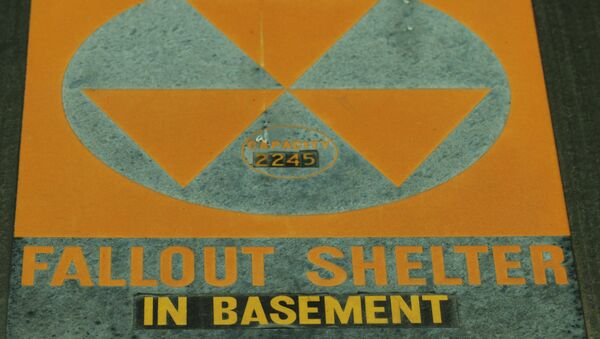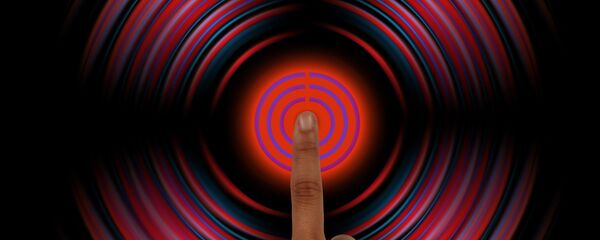Another company, Earth Shift, also reported a tenfold increase in underground fallout shelter sales. According to the company director, Akira Shiga, orders have been on the rise since February, and are coming in from across the country.
The reason for the surging demand is obvious: Pyongyang's increasingly frequent missile tests. In March, North Korea launched a missile capable of delivering a nuclear payload, which fell in the waters of Japan's exclusive economic zone, some 300 to 350 km off the country's coast.
In April, Prime Minister of Japan Shinzo Abe told the National Diet, the country's parliament, that North Korea is also capable of conducting a chemical attack, with missiles carrying sarin gas.
A shelter designed for a large family — up to 13 people — costs about $230,000 and takes four months to build. Shelters require an air purification system that costs more than $5,000 for a family of six people, and twice as much for a group of 13, Oribe Seiki Seisakusho's director Nobuko Oribe told the Times.
"It takes time and money to build a shelter. But all we hear these days, in this tense atmosphere, is that they want one now," Oribe said. "They ask us to come right away and give them an estimate."
The central government of Japan is not downplaying the threat, as it officially urged local governments to hold evacuation drills in case of a possible missile attack on Friday.
The danger of nuclear war is not lost on Japan, which survived the Hiroshima and Nagasaki bombings in 1945. And a chemical attack in 1995, when a group of Aum Shinrikyo doomsday cult fanatics sprayed sarin gas in the Tokyo subway, killed 12 and left thousands ill.
In the meantime, the US has dispatched an aircraft carrier strike group to the Korean Peninsula to pressure North Korea to drop its nuclear aspirations for good. North Korea has responded by threatening to sink the carrier in case of US aggression.



